United States wants free and fair elections in Bangladesh
- Update Time : Saturday, December 9, 2023

The United States has reiterated its commitment to promoting free and fair elections in Bangladesh, emphasizing its reluctance to speculate on the outcome of the upcoming general election scheduled for January 7, 2024. The statement was made by US State Department Spokesperson Matthew Miller during a regular media briefing on December 4, where he underscored the importance of engaging with various stakeholders to ensure the democratic process is upheld.
As Bangladesh prepares for its 12th national parliamentary election, the political atmosphere is marked by a degree of turbulence. The major opposition political party, the Bangladesh Nationalist Party (BNP), has taken a confrontational stance, resorting to tactics such as burning private and public properties, blockades, and hartals. Notably, a fraction of the BNP has chosen to boycott the upcoming election, despite the participation of many of its leaders. This decision has created a rift within the political landscape and raised concerns about the inclusivity of the electoral process.
The BNP alleges that the government, led by the ruling party, is conducting the election in an unprecedented manner. The accusations include the detainment of over 20,000 opposition party leaders and activists, a rising custodial death toll, and the arrest of family members in the absence of the targeted individuals. Additionally, there are claims that the government is allowing a newly formed party to participate in the election to secure its victory, raising questions about the fairness of the electoral playing field.
In response to these concerns, the US State Department has consistently emphasized its commitment to encouraging all parties involved to work together for the benefit of the Bangladeshi people. Spokesperson Matthew Miller, in his briefing, refrained from speculating on the election outcome but reiterated the US government’s dedication to engaging with the government, opposition, civil society, and other stakeholders. The primary goal is to ensure that the electoral process is free, fair, and conducted in a peaceful manner.
The challenges to achieving free and fair elections in Bangladesh are multifaceted. The political polarization and confrontational tactics employed by the BNP create an environment of tension and hinder the possibility of constructive dialogue. The allegations of government actions, including detentions and arrests, raise concerns about the level playing field for all political parties. Additionally, the decision of some opposition parties to boycott the election raises questions about the inclusivity and representation in the democratic process.
The Election Commission of Bangladesh plays a pivotal role in ensuring the integrity of the electoral process. The scrutiny of 2,711 nomination papers across 300 constituencies is a crucial step in maintaining transparency. However, concerns about the impartiality of the Election Commission have been raised, particularly in light of the allegations made by the opposition. The withdrawal of candidatures by December 17, 2023, will be a critical juncture in determining the final roster of candidates for the upcoming election.
While the United States has expressed its concerns and commitment to promoting free and fair elections, the broader international community also plays a significant role. The international community, including organizations like the United Nations, can contribute to fostering an environment conducive to transparent and inclusive elections. Diplomatic efforts, dialogue facilitation, and monitoring mechanisms can help address the concerns raised by both the government and the opposition.
As Bangladesh approaches its 12th national parliamentary election, the delicate balance between political stakeholders becomes crucial for ensuring a free and fair electoral process. The allegations and counter-allegations between the government and the opposition underscore the challenges that need to be addressed to create an environment conducive to democracy. The role of the United States and the broader international community in encouraging dialogue, transparency, and inclusivity will be pivotal in shaping the outcome of the election and safeguarding the democratic aspirations of the Bangladeshi people. It remains to be seen how the political landscape evolves in the coming weeks and how the various stakeholders navigate the complexities surrounding the electoral process.


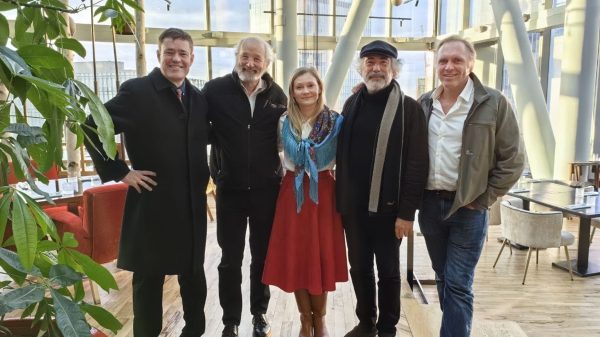
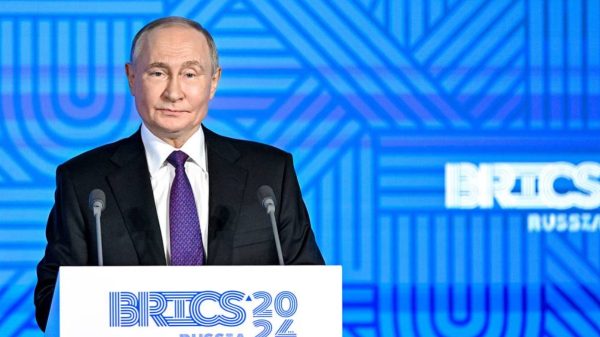
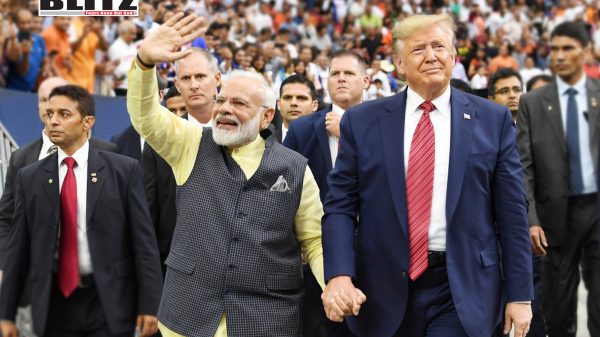
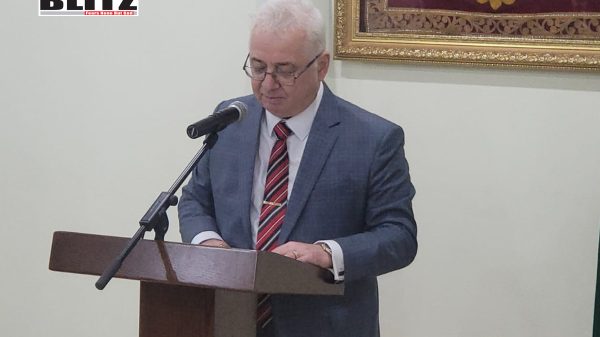
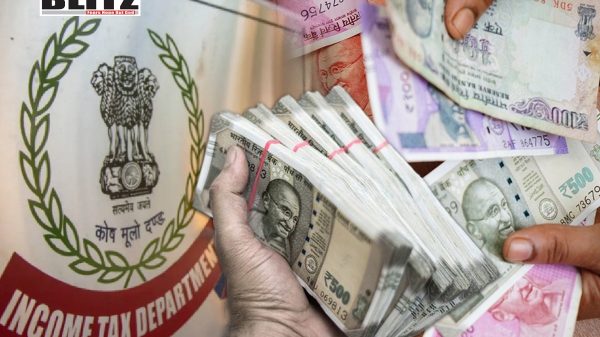
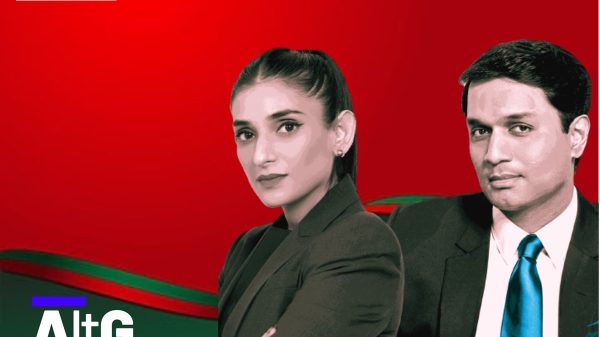











Leave a Reply